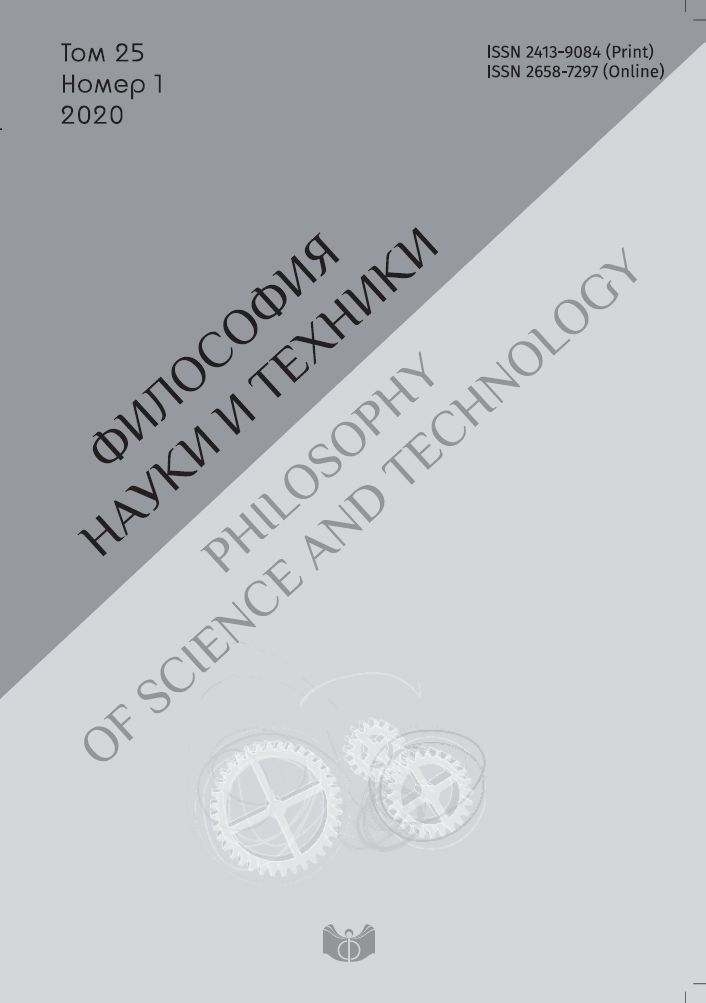Memory transformation in an information oversaturation environment
DOI:
https://doi.org/10.21146/2413-9084-2020-25-1-110-124Keywords:
information oversaturation, working memory, digitalization, individual cognitive abilities, attention, generation ZAbstract
Using the material of modern research in the field of neuroscience, cognitive sciences, psychology and philosophy, author analyzes the transformation of the individual cognitive abilities as one of the main consequences of the digital age, characterized by the situation of information oversaturation. The article analyzes the mechanism of influence of information technologies upon human cognitive abilities; the main goal of the research is consideration of the problem of human adaptation to an artificially created environment. It is shown that there is a significant gap between the neurophysiological abilities of our brain and the information environment. The author highlights the main consequences of widespread digitalization that affect the personal identity, social communications and cognitive abilities of the individual. The article shows that the root cause of the described problems is the functioning of working memory: when we try to cover as much information as possible, our working memory begins to function at maximum stress. The conclusion is drawn that it is necessary to decrease the strain on working memory using the methods of cognitive gymnastics and individual self-control, as well as to involve comprehensive assistance of specialists from different fields to find the balance between the individual and the artificially created information environment.











